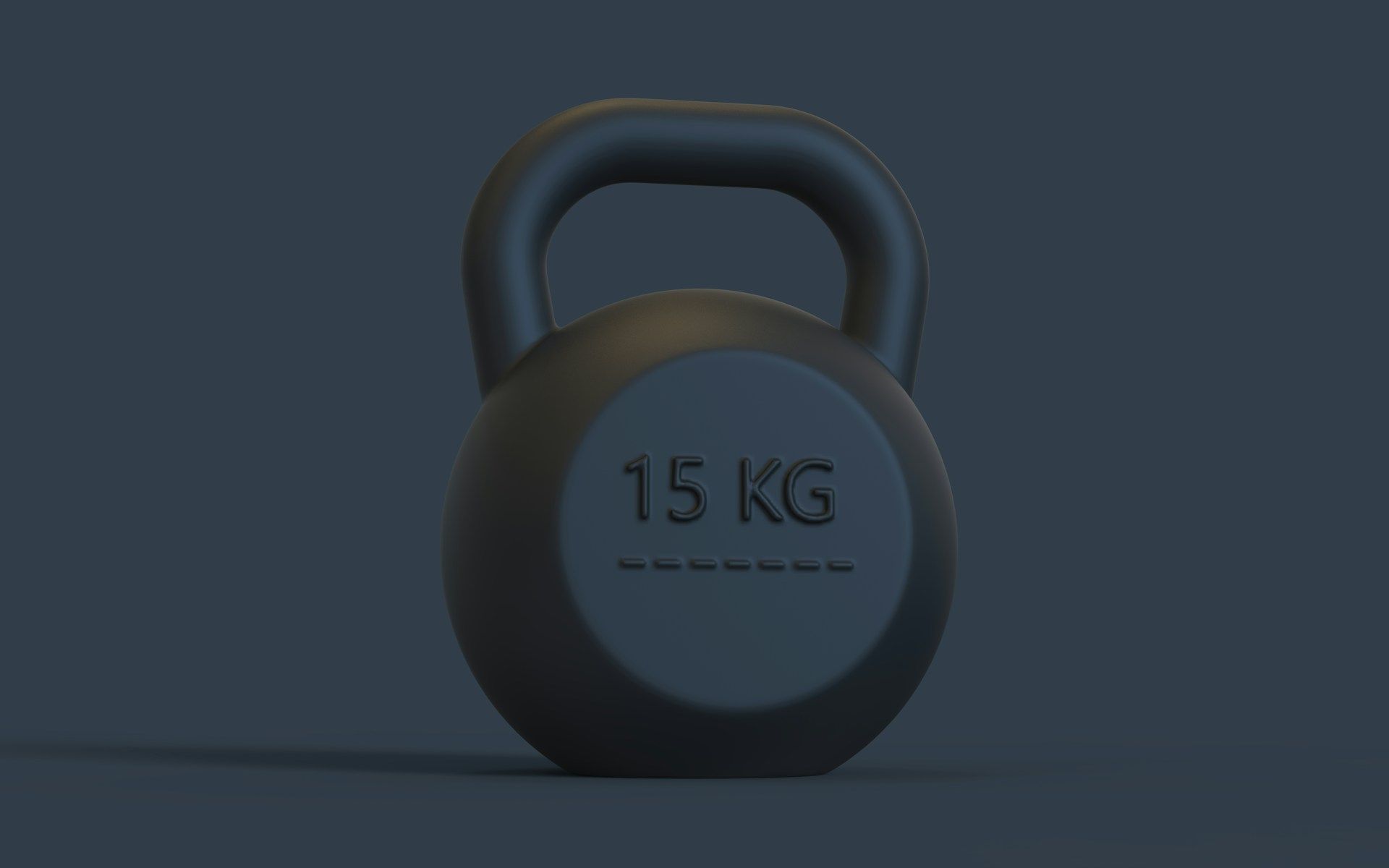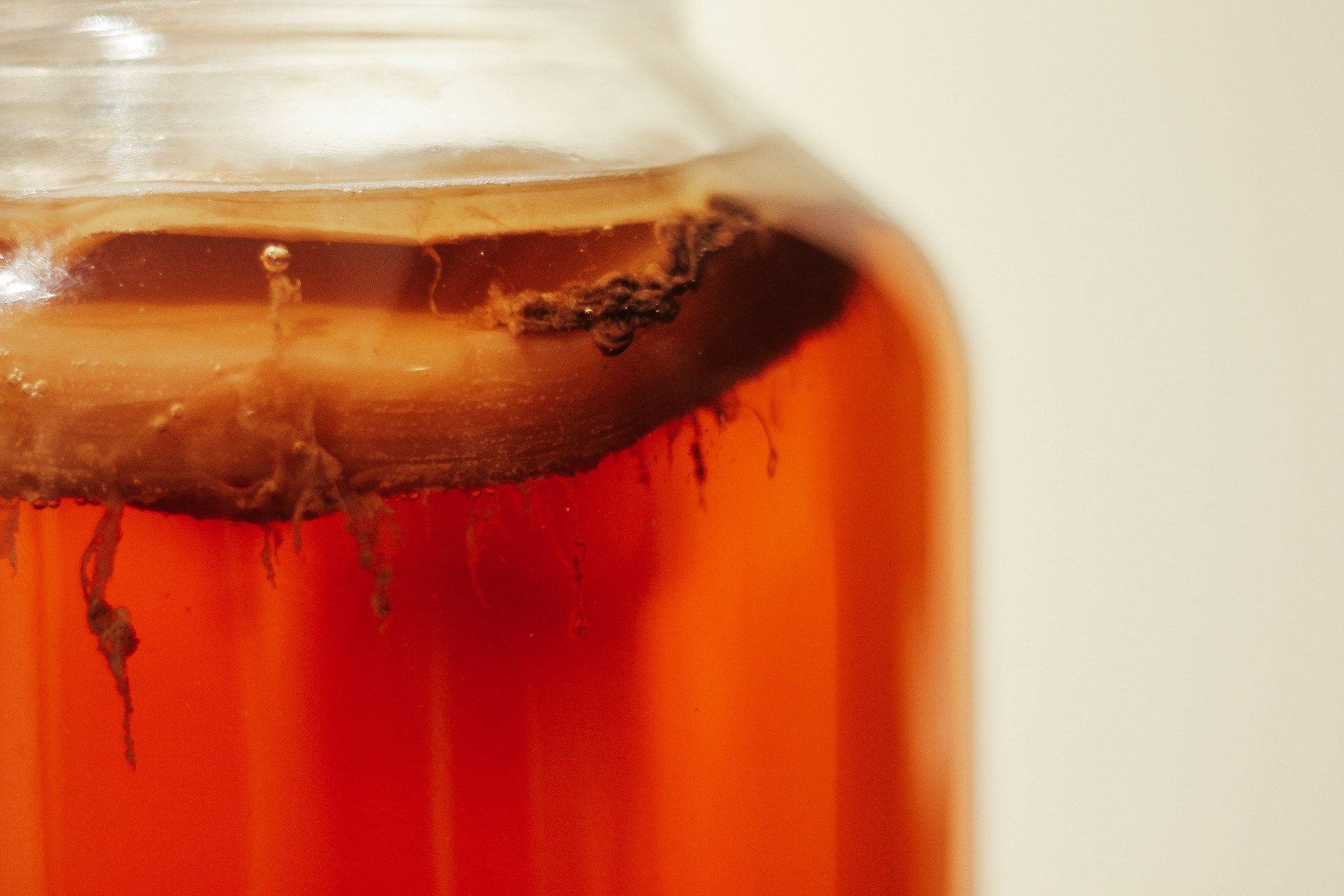Is Berberine a Brain Breakthrough? Here’s What You Should Know
Berberine is often billed online as the "herbal Ozempic," but could it also work wonders for your brain health?
Recent research suggests that a humble herbal extract, berberine, may offer substantial benefits to those with Alzheimer’s disease. It’s exciting news for anyone concerned about their cognitive health.
What is berberine, and should you add it to your regimen? Based on the research, several Only in Sedona Yoga crew members will be adding it to our regimen. We’re sharing what we know with other curious souls to help you make the best decisions about your health.
Requisite disclaimer: The folks at Only in Sedona Yoga are not researchers, doctors, or scientists. We are fellow souls on a healing journey, sharing what we know to add to the collective knowledge base and empower others who may lack access to traditional healthcare modalities. We always recommend consulting with your doctor.
What Is Berberine
Berberine is a naturally occurring phytonutrient in certain plants, including many in the Berberis species, which gave the substance its name. Phytonutrients are plant chemicals with various effects on human health. They also give plants their hues, and berberine is mellow yellow, quite rightly. This particular substance has oodles of potential benefits, including affecting your gut microbiome, which can impact anxiety — but more on that shortly. First, a news brief.
How Does Berberine Affect Alzheimer’s Disease?
According to a 2025 study published in the journal Nature, berberine shows neuroprotective effects against Alzheimer’s disease. It may also modulate the course of the disease by blocking amyloid plaque formation and inhibiting a precursor protein.
Berberine is an important plant alkaloid used in Traditional Chinese Medicine (TCM) to treat gastrointestinal, cardiovascular, and neurodegenerative diseases. It recently made headlines as the “herbal Ozempic,” but its protective role against Alzheimer’s disease could be even more beneficial.
Why? Experts estimate that 44 million people worldwide already struggle with Alzheimer’s disease and project that this number could soar to as many as 135 million by 2050. A hefty percentage of such folks lack access to traditional medical care, including right here in the United States, where a
full quarter of adults regularly skip needed appointments due to financial inequities. Herbal remedies, by contrast, are affordable and accessible to many more people.
Questions Remaining About Berberine and the Brain
The 2025 research involved network pharmacology in mice. Therefore, many questions remain about if and how the benefits transfer to humans and how widespread and reliable they may be. Some of the inquiries science has yet to answer include:
What’s the right dose of berberine to take, and how often? Daily? Several times per day? Weekly?- How does berberine interact with other Alzheimer’s treatments you might use?
- Does berberine help with other forms of cognitive dysfunction, such as the dreaded “brain fog” experienced by folks with chronic pain disorders such as fibromyalgia? For example, could it help those with long Covid regain some of their previous sharpness?
3 Benefits of Berberine Backed by Research
Berberine isn’t only good for your brain. Given the interconnected way your multiple bodily systems work together, it’s not surprising it has other perks, some of which you may have read about in the news. Berberine may also confer the following benefits to some users.
1. The “Herbal Ozempic”
According to Dr. Eric Berg, a nutritionist, researcher, and chiropractic doctor who runs a YouTube channel with over 13 million subscribers, berberine achieves similar results as metformin when used in patients with diabetes. He explains that berberine works on insulin resistance, with the desirable side effect of many users losing weight thanks to getting their blood sugar under control.
If you already have diabetes, you should work carefully with your doctor before starting berberine, as you may need to adjust your medication. However, more than 98 million Americans — more than one in three — already live with prediabetes, often without realizing they are at risk. Berberine may be an effective intervention to prevent advancing to full-blown disease, especially when making dietary and exercise changes simply isn’t practical.
2. May Protect Against Non-Alcoholic Fatty Liver Disease
A 2024 review of clinical trials published in the Journal of Translational Medicine suggested that berberine reduced several parameters for non-alcoholic fatty liver disease. It did so with negligible side effects — some participants reported mild gastrointestinal distress. The prevalence of non-alcoholic fatty liver disease has risen by 50% in recent decades and often co-occurs in people with Type 2 diabetes.
3. May Benefit Heart Health
Heart disease remains the number one killer worldwide. Another 2024 study showed that berberine works through several channels to restore heart function and improve outcomes in patients with atherosclerosis. Approximately 26 million Americans live with this type of heart disease, affecting their arteries. Could a berberine supplement reduce their risk of heart attack and stroke? Possibly.
Should You Add Berberine to Your Supplement Regimen?
Based on the groovy benefits above, it seems like adding berberine to your supplement regimen is an easy “yes.” However, anything that can affect positive changes in your body can also bring those that aren’t so pleasant. For example, given berberine’s effect on your blood sugar, it’s a must to work in tandem with your doctor if you already take medication for diabetes. Pairing the two could cause your levels to plummet dangerously.
Potential Side Effects of Berberine Supplementation
Side effects of berberine include gastrointestinal bloating, diarrhea, and constipation in some users. That’s because it works on your intestinal microbiome. Many researchers believe its mitigating effects on Alzheimer’s disease occur through the gut flora, and using the herbal extract can ease intestinal inflammation and reduce gut permeability.
Ultimately, what you choose to put into your body is up to you. Upon reading the possible benefits, I immediately decided to try it, as has my life partner and occasional cameraman. We’ve both experienced significant brain fog issues of late that could be due to COVID-19, stress, or both — we simply don’t know. However, we’re curious to find out if berberine will help. We’ve just started our regimen but will check back in two months with the results.
Berberine Brain Breakthrough
Could berberine be a safe, effective, herbal-derived remedy for Alzheimer’s disease? Could it be a brain breakthrough for other forms of cognitive impairment? Recent research suggests that it looks promising.
Given berberine’s many benefits, keeping a supply on hand is wise. Learning what plants you can extract it from and how makes you a ninja-level herbal prepper. Will you add berberine to your supplement regimen? If you do, please share your experience below and contribute to the healing community.











